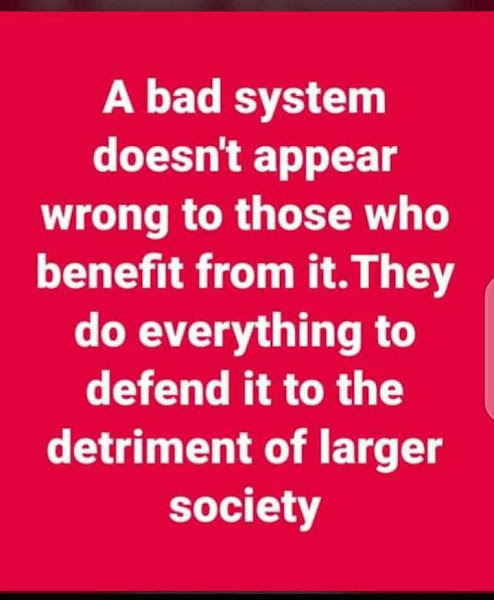Banks in Nigeria Opt for Electricity bills for Identification Purposes
Banks in Nigeria have now opted for electricity/DSTV bills, community security payment receipts and building plans as means of identification of their customers rather than the National Identification Number(NIN).
Customers argue that this has defeated the Federal Government's original purpose of introducing the NIN, while the Central Bank of Nigeria(CBN) seems to have lost a firm grip on the banks.
This action of the banks coupled with a number of unwholesome practices have made it impossible for Nigerians to salvage their money from the affected banks.
Just last week, a customer with Access bank account No.-9993577288 was shocked when he was told by the customer service officers in the three branches of the bank he visited-Agodi/UCH 1 AND 2, Challenge, Ibadan, Nigeria, that he would need to present the latest electricity or DSTV bill or community security payment receipt for documentation for him to withdraw money from his account.
As a result of this development and the issue of non-reversal of several online transactions, money belonging to customers is still trapped in these banks.
In his reaction, a former chairman of the Oyo state council of the Trade Union Congress(TUC), Comrade Andrew Emelieze lamented that the banks have for long played on the intelligence of NIGERIANS.
''Huge amounts of money are in these banks belonging to customers, the hard-earned money of Nigerians is hanging in these banks, most of the remittances have not been made by these banks and virtually nothing has been done by the Central Bank of Nigeria to rescue customers. Besides, banks have been very exploitative and have continually cheated Nigerians. They no longer give interest in savings and any transaction made attracts a number of hidden charges. The banks, just like vampires, are sucking Nigerians dry,'' Comrade Emelieze noted.




Comments
Post a Comment